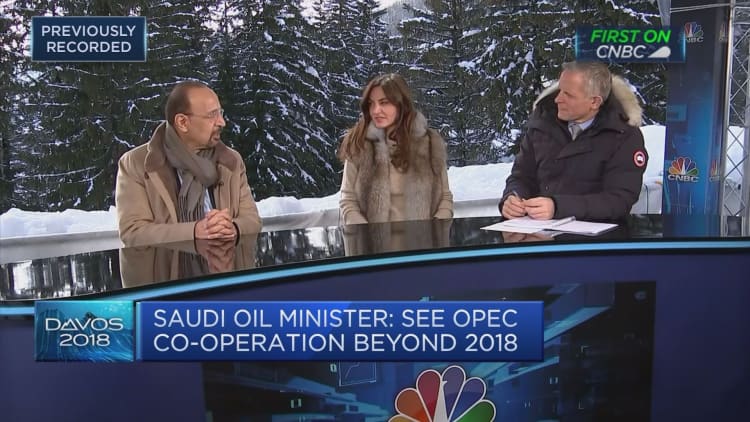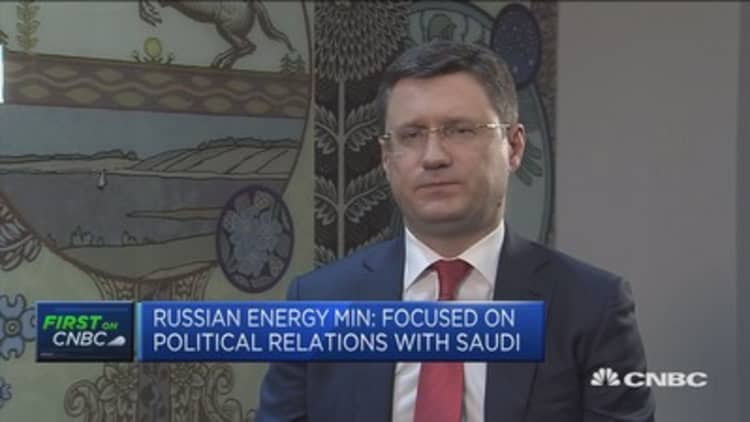Saudi Arabia will restrain its oil exports in March despite lower domestic need for crude as OPEC's leader is pushing to eliminate fully the global oil glut and combat worries about a new cycle of oil price weakness.
The kingdom will keep its crude exports below 7 million barrels per day (bpd) in March, despite a maintenance shutdown of the 400,000 bpd SAMREF refinery, the Saudi energy ministry said, confirming a plan given earlier by industry sources.
"Saudi Arabia remains focused on working down excess oil inventories," a ministry spokesman said in a statement.
"Market volatility is a common concern for producers and consumers, and the Kingdom is committed to mitigating this volatility and moderating its negative impacts by responsibly meeting its pledges" under an OPEC-led supply cut deal.
The Organization of the Petroleum Exporting Countries and outside producers including Russia are reducing output to get rid of a supply glut. The pact began a year ago and has been extended until the end of 2018.
The cut has boosted oil prices, which in January topped $71 a barrel for the first time since 2014. But crude has since slid and hit a 2018 low of $61.76 this week, pressured by rising U.S. output and forecasts oversupply may persist.
Saudi Arabia's Energy Minister Khalid al-Falih sounded an upbeat note even after the price drop, saying on Wednesday he was sure cooperation between OPEC and its non-OPEC allies will continue to stabilise the market.
"I am confident that our high degree of cooperation and coordination will continue and bring the desired results," Falih told an industry conference attended by Russian Energy Minister Alexander Novak and OPEC Secretary General Mohammad Barkindo.
"Market volatility is unfortunate but ultimately it is the fundamentals that I watch."

Barkindo said oil demand would grow this year at healthy levels and data pointed to continued high compliance by producers in January with their pledges under the supply cut deal.
OPEC has delivered more than 100 percent of the output cuts that members pledged under the deal, according to figures from OPEC and other analysts, helped in part by an involuntary drop in Venezuela, where output is falling amid an economic crisis.
The Saudi energy ministry also said production by state oil company Aramco in March will be 100,000 bpd below February's level, suggesting Saudi Arabia will continue to pump less than its OPEC target.
Novak met with Saudi King Salman at his palace in Riyadh on Wednesday and the two discussed producers' efforts to rebalance the market and decrease surplus inventories, Saudi state news agency SPA reported.
Novak had said on Tuesday oil inventories had been declining despite the rise in U.S. production.


